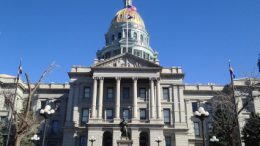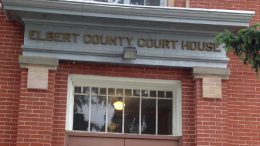Denver denies open records request for call logs tied to a city-issued cellphone
The Colorado Open Records Act defines public records to include “all writings made, maintained, or kept” by government or agency. But are records related to a government-issued cellphone disclosable under CORA if the city has access to them but doesn’t maintain them?








